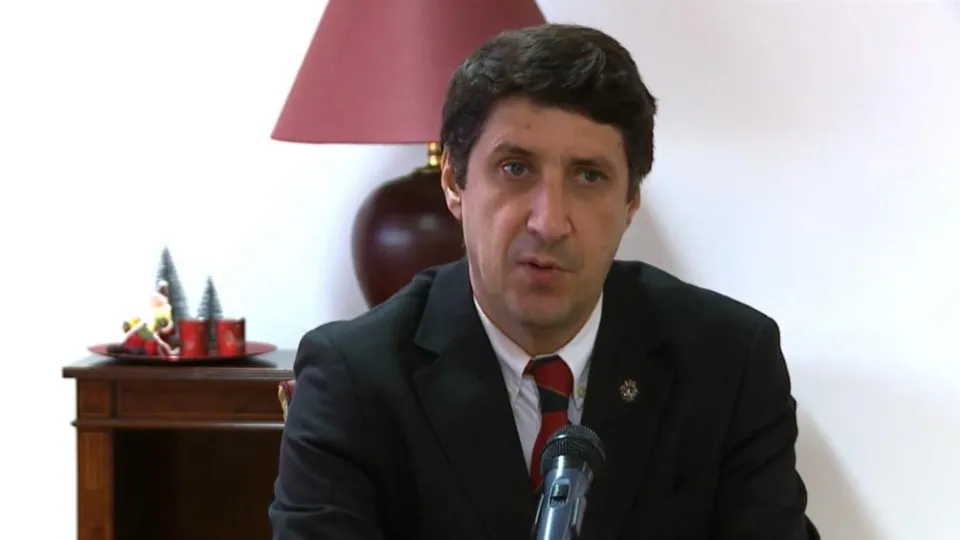
Portuguese teachers earn higher salaries than the average of workers with higher education, but have lost purchasing power over the past decade, according to a report released by the OECD today.
“In Portugal, primary school teachers’ salaries (equivalent to 1st and 2nd cycles) are 28% higher than those of workers with higher education,” states the “Education at a Glance 2025” report by the Organization for Economic Cooperation and Development (OECD).
The latest edition of the annual report, which provides statistics on the education systems of the 38 member states, shows that Portugal is among the few countries where teachers earn, on average, more than other higher education graduates.
Similar situations are observed only in Peru, Costa Rica, and Romania, but the report highlights a possible explanation: “The percentage of teachers over 50 has increased significantly in Portugal (from 31% in 2013 to 56% in 2023), and consequently, a large portion of teachers may be closer to the top of their career ladder.”
How much does a teacher earn?
According to OECD data, in 2024, a teacher (aged 25 to 64) earned about 50,083 euros annually, with a statutory top-of-career salary around 74,378 euros, and approximately 35,178 euros at the beginning of their career.
However, the OECD analysis reveals that despite the apparent advantage relative to other workers with higher education, teachers have experienced a loss in purchasing power over the past decade, making the career particularly less attractive for newcomers.
Last year, as per the most recent data, a teacher with 15 years of experience saw their real salary fall by 4% compared to 2015, with a more significant decline among early-career teachers, whose purchasing power decreased by 10% over nine years.
Conversely, while the average teacher salary rose by 14.6% among OECD countries during the same period, it decreased by 1.8% in Portugal.
In the report released today, the OECD once again highlights the growing shortage of teachers, a widespread issue among member states to which Portugal is not immune.
Between 2018 and 2022, the percentage of school directors who think that education suffers from a lack of teachers increased by more than 30 percentage points, and the report warns that the aging teaching workforce may exacerbate shortages in the near future.
In Portugal, solutions have included facilitating the hiring of teachers with appropriate qualifications, meaning those with training in the scientific field of subjects but lacking the professional qualification conferred by teaching master’s degrees.
As a result, from the academic years 2014/2015 to 2022/2023, the percentage of teachers without professional qualifications rose from 1.6% to 6.5%.
A year ago, the OECD already recommended enhancing the career and salaries of teachers to address the shortage of professionals. It reiterates now: “Competitive salaries can make the teaching profession more attractive.”




